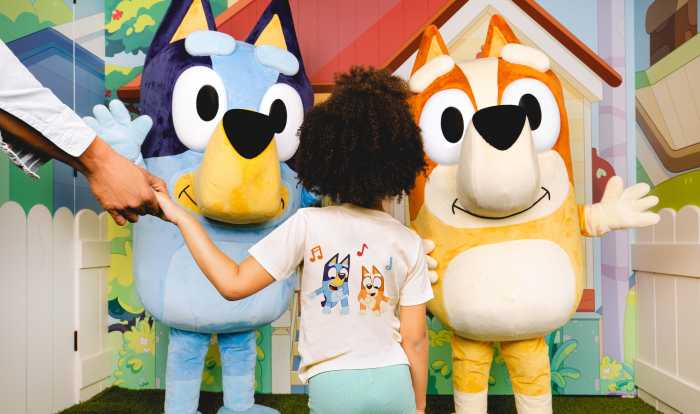Two heads are often better than one, which can certainly be true when it comes to building a family. But that doesn’t mean that moms and dads approach parenting the same way. In their book “Partnership Parenting,” husband-and-wife team Dr. Kyle Pruett, child psychiatrist at the Yale Child Study Program, and Marsha Kline Pruett, chaired professor at Smith College School for Social Work, explore the different qualities that men and women bring to child-rearing, and how couples can combine their individual strengths in order to co-parent successfully.
What trend did you see taking place among parents that inspired you to write this book?
Marsha: I had been doing work on divorce, and found there are many books out on co-parenting [for separated parents], but there was nothing written about co-parenting from a marriage perspective. Most people are parenting and co-parenting in the context of a relationship, and that’s what we focused on.
How would you describe co-parenting?
Marsha: Co-parenting is working together as a team. It is not splitting things 50-50, it is not doing everything the same way, at the same time or always together. It is about being in a partnership. The fact that you each do some things better than the other allows you to each have a role that is sort of identifiable. So what the book says is you can learn to accept each other’s contribution, appreciate it, value it, and even enjoy it.
Why doesn’t splitting parenting tasks 50-50 work?
Kyle: Hours spent is not the measure of competent parenting. It’s the quality of the relationship, not the time spent doing it. Dead-end blaming and accountability keep you distracted from your job, which is to help each other become the best possible parent you can be.
According to the book, there are fundamental differences between the way men and women parent. What are the main differences between the genders?
Marsha: In general, men and women have certain stylistic differences that have been found over and over in research. One is women tend to want to talk through, talk out, and talk over issues and concepts, not only with their partner, but with their children. Fathers are more likely to parent with fewer words and clearer authority. Another difference is when women are with children, they like to teach them. They like kids to be successful at what they’re doing so they create learning environments where children can achieve what they’re trying to master. Men also want their children to achieve, but they don’t feel they need to do as much work to set it up. They promote a bit more autonomy, exploration and frustration tolerance with children. So the combination is that women often help children feel safe, men often help children take risks. When you have both of those, it makes a lovely fabric.
Right away babies have a unique bond with their mothers. How can a father become more involved in building his relationship with the baby?
Kyle: The best way to take advantage of the baby’s interest in the father is for the father to be present as often as possible and involved in the physical care of the baby so the baby and father begin to develop their own rhythm, interaction and communication.
It has to do with feeding, bathing, clothing, comforting— it’s not rocket science. Any social support that can get the father close to the baby early in its life is going to be quite a smart investment in the well-being of the relationship that develops between the father and the baby.
The fact that you each do some things better than the other allows you to each have a role that is sort of identifiable.
How can couples improve the way they communicate about parenting?
Marsha: You need to make time to talk and not always about the children. You need to practice saying if something is bothering you. Use “I” statements, talk about your own feelings, give the other person a chance to ask questions, check to understand if you heard what they’re saying, be respectful in your tone and language, be open to some criticism, try not to be defensive, and practice communicating what you hear and understand. There has been research that shows that whether couples solve each and every problem is less important than whether each feels the other partner is really listening to what bothers them and takes it seriously.
You include many conversation starters in your book—things that parents should discuss when it comes to raising their children, such as establishing mealtime habits. Why is it so important for parents to talk about these issues?
Kyle: Most parents spend more time before the child is born talking about the color of the nursery than they do the important issues of raising their child together. How are they going to handle discipline? Are they going to let the child sleep with them in the bed? Are they going to get up with the child in the middle of the night or let them cry? Those are very important conversations to have because only when you get down to the nitty-gritty details about your ideas about parenting are you going to begin to understand how easy or difficult making a really good co-parenting relationship is going to be. We’ve had an awful lot of experience discovering that most parents never have those conversations, but when they do, the job goes better, they enjoy it more, and they feel more in love with each other.






















